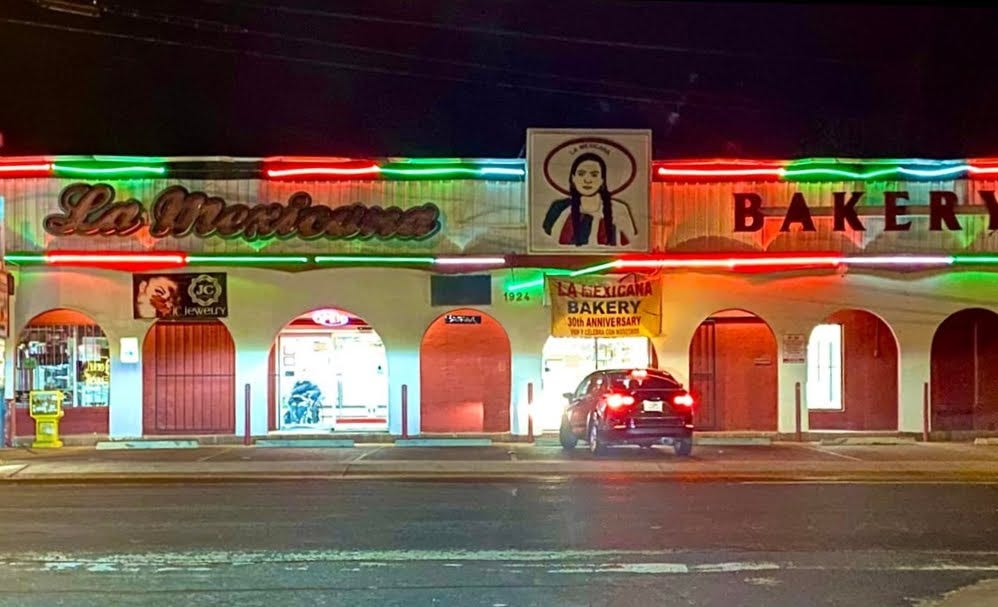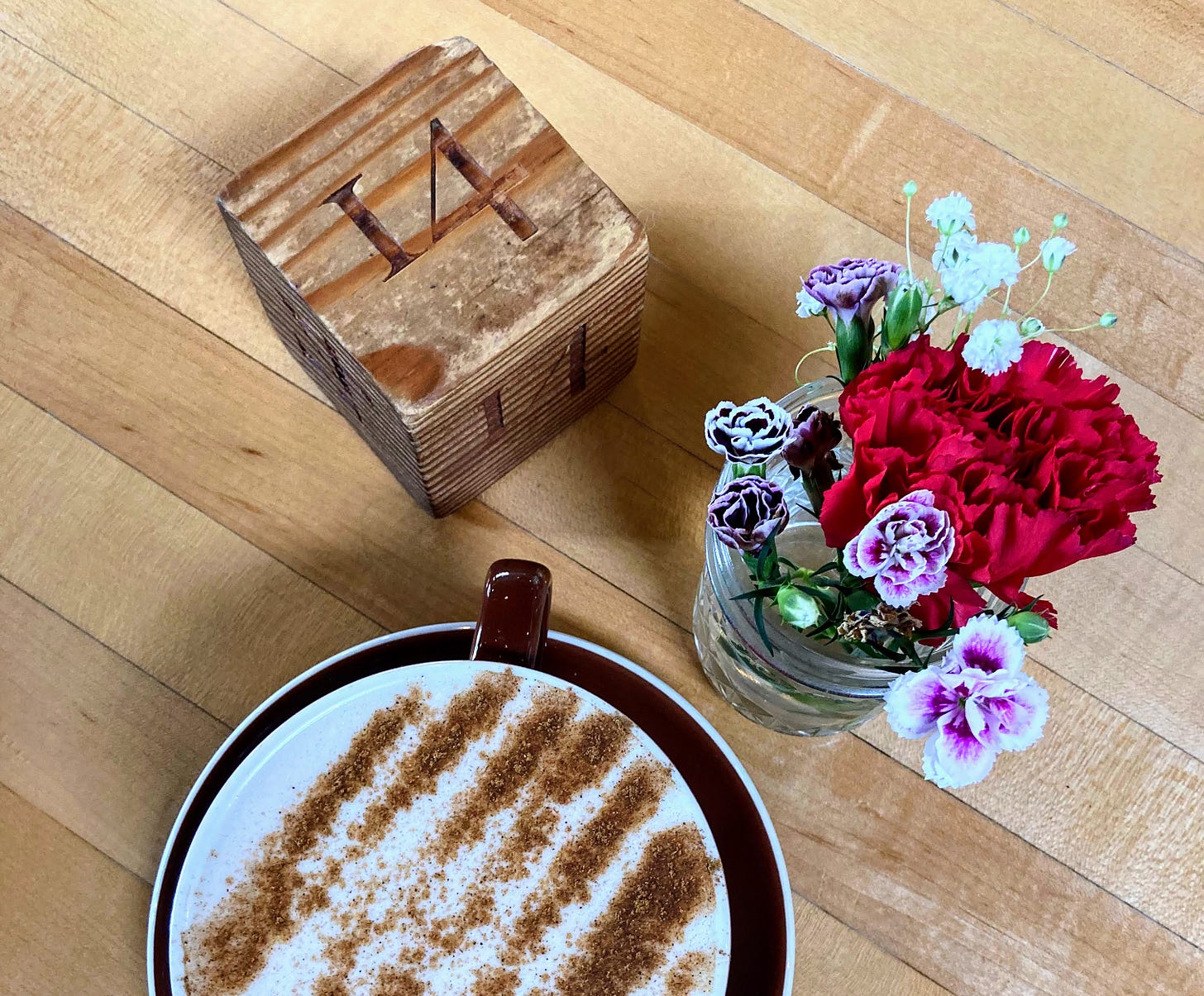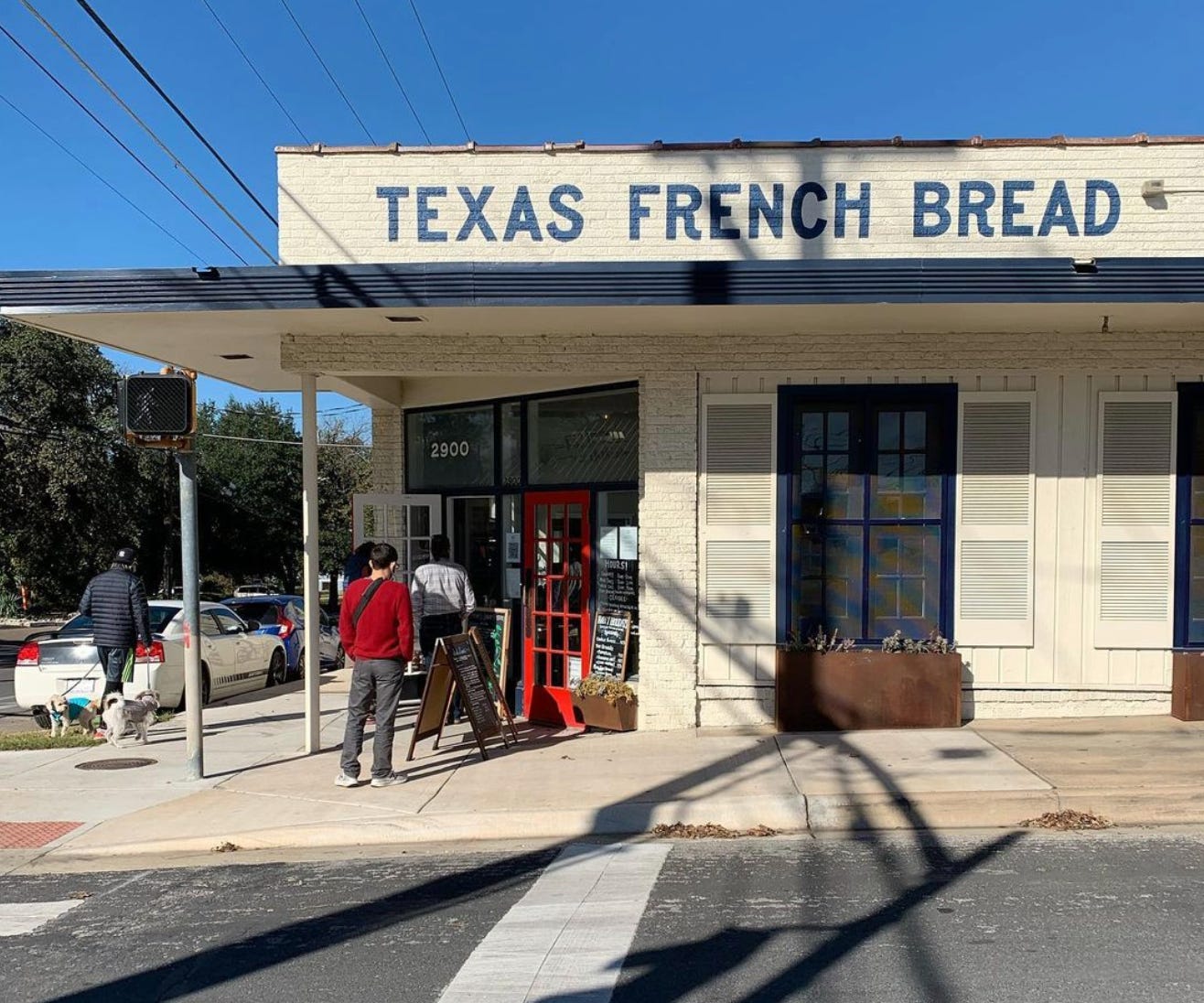La Mexicana Bakery, Texas French Bread are closing, and you're devastated. That's OK.
What a terrible fire and a long worked-for retirement can teach us about grief and our relationship to the hospitality industry.
Death doesn’t always require dying.
Sometimes, it’s a retirement. Or a conflagration.
This week has been rough for lovers of longtime local restaurants. On Monday, La Mexicana Bakery announced it would be closing because the owner — Jesus Becerra, who came to the U.S. at age 14 with $14 in his pocket and had a lifelong dream to own his own bakery — wants to retire.
Early Tuesday morning, Texas French Bread burned. Fire officials have said that the building, which also held a venerated place in Austin’s music history, is a total loss.
As we close in on two years of the pandemic, these losses are not uncommon. Chez Nous, Shady Grove, Mother’s Cafe. The list goes on.
With each announcement, a chorus of cries from patrons arises across the Metaverse, shouting “Noooooo,” sometimes via meme. Because even though it’s “just” a restaurant, if you don’t laugh, you’ll cry.
Because it’s not “just” a restaurant. Restaurants that stick around for a while become places where we project pieces of ourselves. I’m not French, but I kinda felt like it when I had an omelette at Texas French Bread. I respected the hell out of La Mexicana, serving conchas, orejas and enchiladas 24 hours a day for decades under those mesmerizing green and red neon lights.

When La Mexicana’s Bianka Lopez announced that her family’s bakery would be closing on Feb. 16, she immediately heard from people who saw the restaurant’s closure as a result of gentrification or rising operating costs, but she set the record straight: “Dad is retiring and wants to enjoy the fruits of his labor. Don’t be sad, be proud of what a Mexican immigrant came to build his American dream.”
Let the restaurant die, in other words. It’s OK.
Things don’t have to last forever.
My heart goes out to Murph and Ben Willcott, the brothers who bought Texas French Bread from their mom in 1997. As second-generation restaurant owners, they know the struggles of keeping a brand despite wave after wave of changing tastes and economic challenges.

Texas French Bread, at its height, had 11 stores across the state, but in recent years, it’s been a struggle to keep this one open, as Murph has written extensively about in his restaurant’s vibrant newsletter.
At some point this week, I’m sure we’ll hear from him about what it means to lose a building like this. One that once housed a blues club where Stevie Ray Vaughan got married.
But the building housed more than just Texas French Bread. La Mexicana was more than a source of income for the Becerra family. They were places where people got a taste of foods they love but can’t necessarily make for themselves at home.
But the restaurants are also more than the food they served. These spaces are where people experienced what it means to relish life. To spend time with loved ones after a recital or a church service. Or to grab a coffee to catch up with a friend.
These are places that made us feel like home away from home.

That’s what the hospitality industry does: It gives us a place to make a life. To have conversations you’ll remember for years to come. To taste new flavors and smell new aromas.
What if these beloved places can continue to teach us?
In our grief, we can think about what it’s like to run a restaurant for an entire lifespan.
In our grief, we can think about what it takes to walk away from something you love.
In our grief, we can allow ourselves to feel like a part of us has died, too.
Having covered the food industry for 14 years, I can tell you that there’s real sadness in this stuff, y’all.
When news articles about a beloved, now closed restaurant are shared widely on social media, they are always filled with comments from patrons who are filled with lament. Either that they won’t be able to eat there again or that they didn’t go there enough before it closed.
These regrets are what we hear after a person dies, too. That something was left unsaid or a call unreturned.
Naming this as grief work feels so important to me. Not only because it helps us deal with death of people (or pets or our pre-pandemic lives), but because it helps us honor what we’re actually grieving.
With both of these restaurant losses, we’re longing for what was. We’re grieving that our city is changing. That most people can no longer afford to live within walking distance of these establishments. That the people who work there will be out of a job. That a thread connecting us to our collective past has been broken and will now only exist in our memory.
The great Thich Nhat Hanh died this week, leaving behind a legacy of work helping us deal with losses and changes like this.
I’ll close out this week’s newsletter with his words on impermanence:
We are often sad and suffer a lot when things change, but change and impermanence have a positive side. Thanks to impermanence, everything is possible. Life itself is possible.
If a grain of corn is not impermanent, it can never be transformed into a stalk of corn. If the stalk were not impermanent, it could never provide us with the ear of corn we eat. If your daughter is not impermanent, she cannot grow up to become a woman. Then your grandchildren would never manifest.
So instead of complaining about impermanence, we should say, "Warm welcome and long live impermanence." We should be happy. When we can see the miracle of impermanence, our sadness and suffering will pass.




These lost places are anchors to communities. We identify with their product and create a certain identity with anyone else we know who patronizes these. We connect with others through our tastes and in some ways judge others who don't align with our support for these.
We gravitate around these little planets, sometimes creating deep relationships with them and those who we find in their orbit. When these are gone, we feel a bit lost, floating away from that pull we experienced. In the vastness and loneliness of this space, losing these feels very isolating. But maybe we form a small new colony, still revolving around what was left behind. More than a memory, a sentiment. A planet is gone but their memory can awaken a new culture.
Apparently Thich Nhat Hanh never had their champurrado... I will say this one falls in the category of mourning the Austin that is lost. La Mexicana was a formative venue of my early Austin experience. I would park my bike in the little breezeway and just loved how different it was from what I had experienced before... it gave me a place to practice my Spanish and a place to catch up on telenovelas on massive big screens whilst enjoying my tortas. I didn't go very frequently in recent years except to buy tortillas and barbacoa by the pound for the occasional breakfast taco bar at my house. That's kind of what these places often become... places we used to go to. I'll have to pop in there to take some photos. I just was feeling preliminarily nostalgic for the loss of the HEB of Broken Dreams so I took some photos there too. I only wish I could have done the same for Chez Nous... I can't tell you how much that loss still hurts.